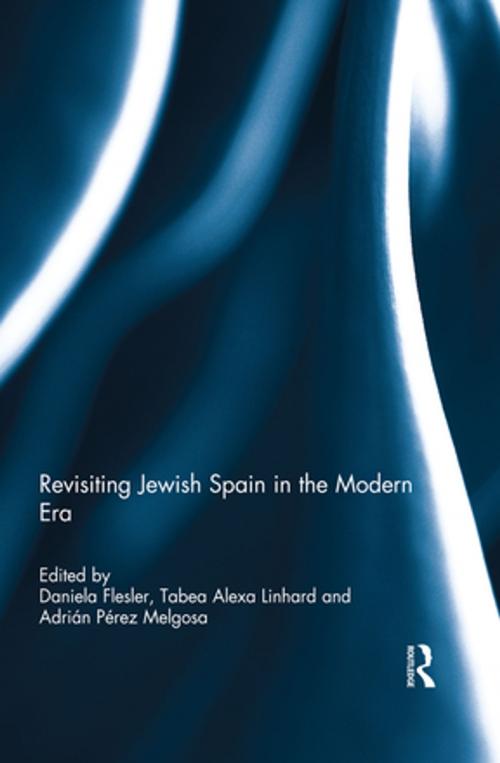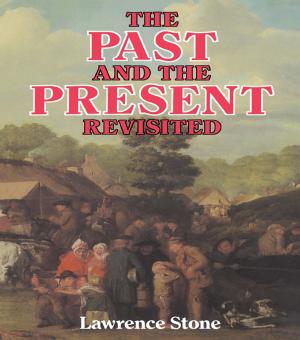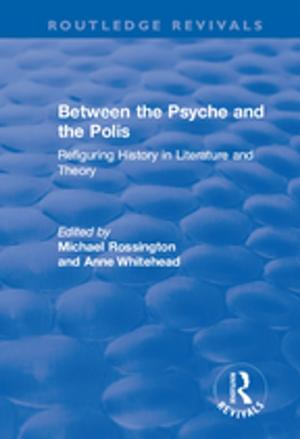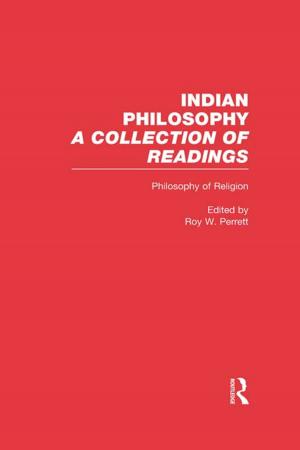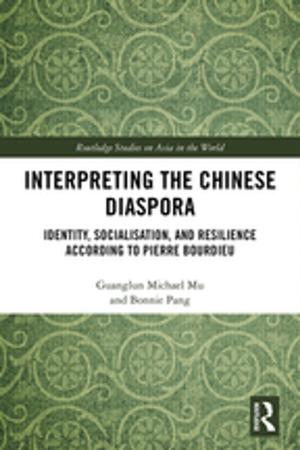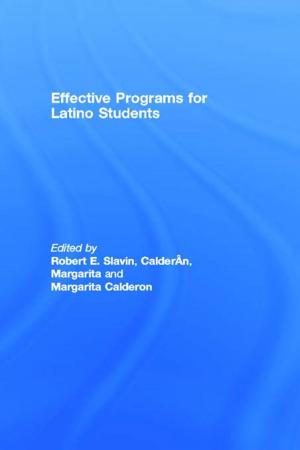| Author: | ISBN: | 9781317980568 | |
| Publisher: | Taylor and Francis | Publication: | July 16, 2015 |
| Imprint: | Routledge | Language: | English |
| Author: | |
| ISBN: | 9781317980568 |
| Publisher: | Taylor and Francis |
| Publication: | July 16, 2015 |
| Imprint: | Routledge |
| Language: | English |
This innovative volume offers fresh perspectives and directions on the intersection of Hispanic and Jewish studies. It shows how 'Jewishness' has played a crucial role in Spanish political, social, and cultural developments in the modern era, exploring the effects of the multiple material and symbolic absences of Jews and Judaism from modern Spanish society. The book considers the haunting presence that this absence has entailed. Contributors analyze the different and contradictory ways in which Spain as a nation has tried to come to terms with its Jewish memory and with Jews from the nineteenth century to the present: José Amador de los Ríos’ efforts to incorporate 'Jewishness' into the canon of Spanish national literature and history; the emergence in the mid-nineteenth century of the figure of the Jewish conspirator who seeks to foment revolutionary unrest in novels from Spain, Italy and France; the development of philosephardism and its interconnections with anti-Semitism, Spanish fascism and colonial ambitions at the turn of the twentieth century; the instrumentalization of the Spanish Jewish past during the Second Republic; the role of philosemitism in the development of Catalan nationalism; and the relationship between the memory of Sepharad and Holocaust commemoration in contemporary Spain.
This book is based on a special issue of the Journal of Spanish Cultural Studies.
This innovative volume offers fresh perspectives and directions on the intersection of Hispanic and Jewish studies. It shows how 'Jewishness' has played a crucial role in Spanish political, social, and cultural developments in the modern era, exploring the effects of the multiple material and symbolic absences of Jews and Judaism from modern Spanish society. The book considers the haunting presence that this absence has entailed. Contributors analyze the different and contradictory ways in which Spain as a nation has tried to come to terms with its Jewish memory and with Jews from the nineteenth century to the present: José Amador de los Ríos’ efforts to incorporate 'Jewishness' into the canon of Spanish national literature and history; the emergence in the mid-nineteenth century of the figure of the Jewish conspirator who seeks to foment revolutionary unrest in novels from Spain, Italy and France; the development of philosephardism and its interconnections with anti-Semitism, Spanish fascism and colonial ambitions at the turn of the twentieth century; the instrumentalization of the Spanish Jewish past during the Second Republic; the role of philosemitism in the development of Catalan nationalism; and the relationship between the memory of Sepharad and Holocaust commemoration in contemporary Spain.
This book is based on a special issue of the Journal of Spanish Cultural Studies.
